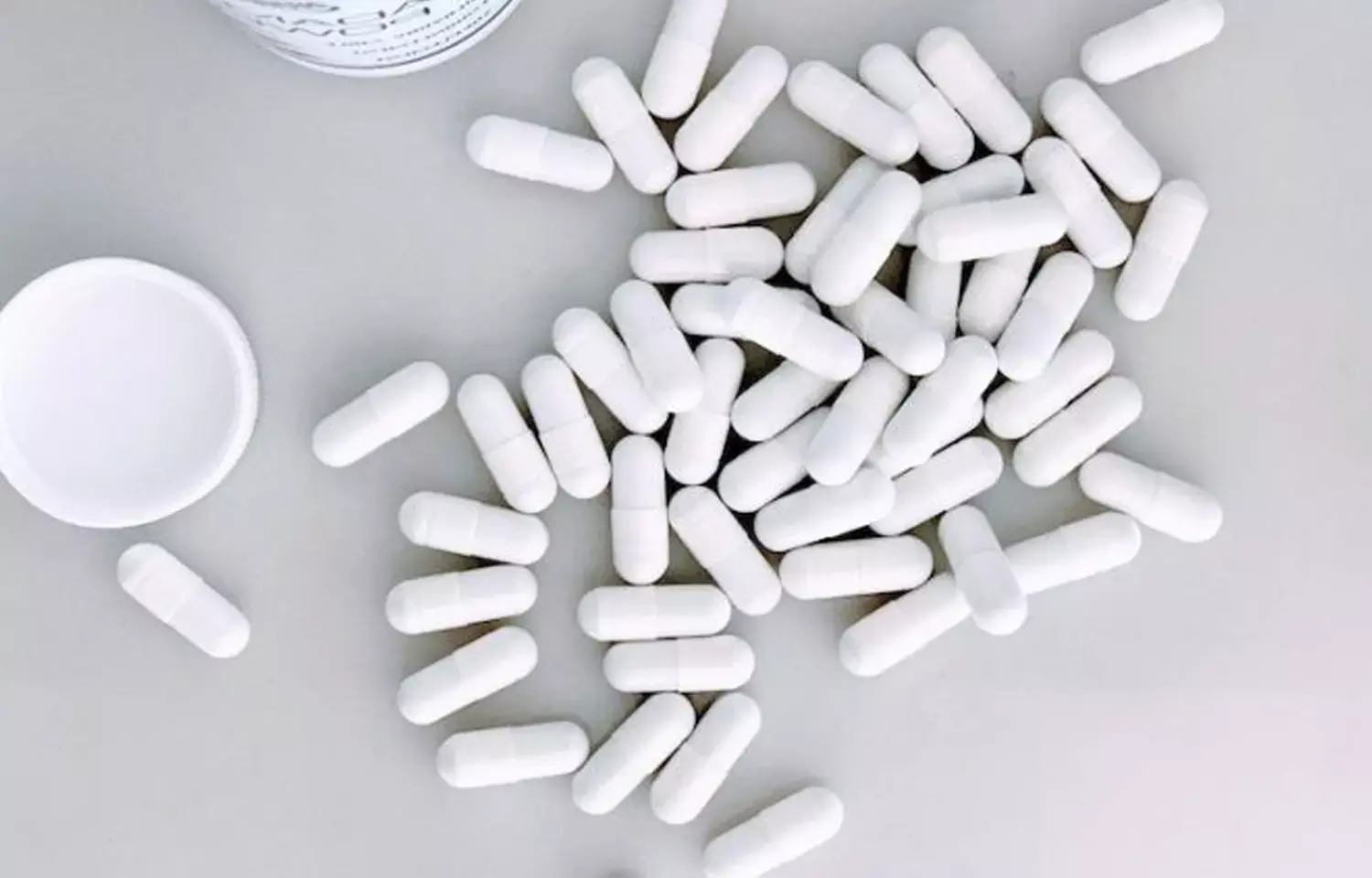- Home
- Medical news & Guidelines
- Anesthesiology
- Cardiology and CTVS
- Critical Care
- Dentistry
- Dermatology
- Diabetes and Endocrinology
- ENT
- Gastroenterology
- Medicine
- Nephrology
- Neurology
- Obstretics-Gynaecology
- Oncology
- Ophthalmology
- Orthopaedics
- Pediatrics-Neonatology
- Psychiatry
- Pulmonology
- Radiology
- Surgery
- Urology
- Laboratory Medicine
- Diet
- Nursing
- Paramedical
- Physiotherapy
- Health news
- Fact Check
- Bone Health Fact Check
- Brain Health Fact Check
- Cancer Related Fact Check
- Child Care Fact Check
- Dental and oral health fact check
- Diabetes and metabolic health fact check
- Diet and Nutrition Fact Check
- Eye and ENT Care Fact Check
- Fitness fact check
- Gut health fact check
- Heart health fact check
- Kidney health fact check
- Medical education fact check
- Men's health fact check
- Respiratory fact check
- Skin and hair care fact check
- Vaccine and Immunization fact check
- Women's health fact check
- AYUSH
- State News
- Andaman and Nicobar Islands
- Andhra Pradesh
- Arunachal Pradesh
- Assam
- Bihar
- Chandigarh
- Chattisgarh
- Dadra and Nagar Haveli
- Daman and Diu
- Delhi
- Goa
- Gujarat
- Haryana
- Himachal Pradesh
- Jammu & Kashmir
- Jharkhand
- Karnataka
- Kerala
- Ladakh
- Lakshadweep
- Madhya Pradesh
- Maharashtra
- Manipur
- Meghalaya
- Mizoram
- Nagaland
- Odisha
- Puducherry
- Punjab
- Rajasthan
- Sikkim
- Tamil Nadu
- Telangana
- Tripura
- Uttar Pradesh
- Uttrakhand
- West Bengal
- Medical Education
- Industry
Colistin has high nephrotoxicity risk, use as last resort antibiotic: Study

USA: Colistin should be used as a last resort treatment and when possible safer alternatives should be considered, suggests a recent review in the journal Open Forum Infectious Diseases. The review found a colistin-associated nephrotoxicity rate to be of 36.2% and increase in nephrotoxicity by 140% compared to β-lactam-based regimens.
The use of polymyxin antibiotics, including colistin is generally associated with nephrotoxicity. Previous meta-analyses that characterized colistin-associated nephrotoxicity risk compared to other antibiotics included observational studies with high risk of heterogeneity and confounding. Samah Alshehri, University of Arizona, Tucson, Arizona, USA, and colleagues conducted the systematic review and meta-analysis of exclusively randomized controlled trials (RCTs) for evaluating nephrotoxicity incidence associated with colistin versus minimally nephrotoxic antibiotics.
For the purpose, the researchers searched the online databases for RCTs that compared the nephrotoxicity of colistin to non-polymyxin antibiotics. RCTs which used aminoglycosides were excluded. The study outcome was the rate of nephrotoxicity.
The meta-analysis included five RCTs with a total of 377 patients.
Key findings of the study include:
- Most patients received colistin for pneumonia in the intensive care unit, and the comparators were β-lactam-based regimens.
- Colistimethate sodium was dosed at 9 million units/day (300 mg/day of colistin base activity), with administration of a loading dose in four studies.
- The nephrotoxicity incidence in patients who received colistin was 36.2%.
- The nephrotoxicity rate was significantly higher in the colistin arm than comparators (RR, 2.40), and the number needed to harm was 5. Findings persisted upon one-study-removed-analysis.
"This meta-analysis of RCTs found a colistin-associated nephrotoxicity rate of 36.2% and an increase in this risk compared to β-lactam-based regimens by 140%," wrote the authors.
"Colistin should be regarded as a last-line agent and safer alternatives should be considered when possible," they concluded.
The study titled, "Colistin Nephrotoxicity: Meta-analysis of Randomized Controlled Trials," is published in the journal Open Forum Infectious Diseases.
DOI: https://academic.oup.com/ofid/advance-article/doi/10.1093/ofid/ofab026/6105295
Dr Kamal Kant Kohli-MBBS, DTCD- a chest specialist with more than 30 years of practice and a flair for writing clinical articles, Dr Kamal Kant Kohli joined Medical Dialogues as a Chief Editor of Medical News. Besides writing articles, as an editor, he proofreads and verifies all the medical content published on Medical Dialogues including those coming from journals, studies,medical conferences,guidelines etc. Email: drkohli@medicaldialogues.in. Contact no. 011-43720751


